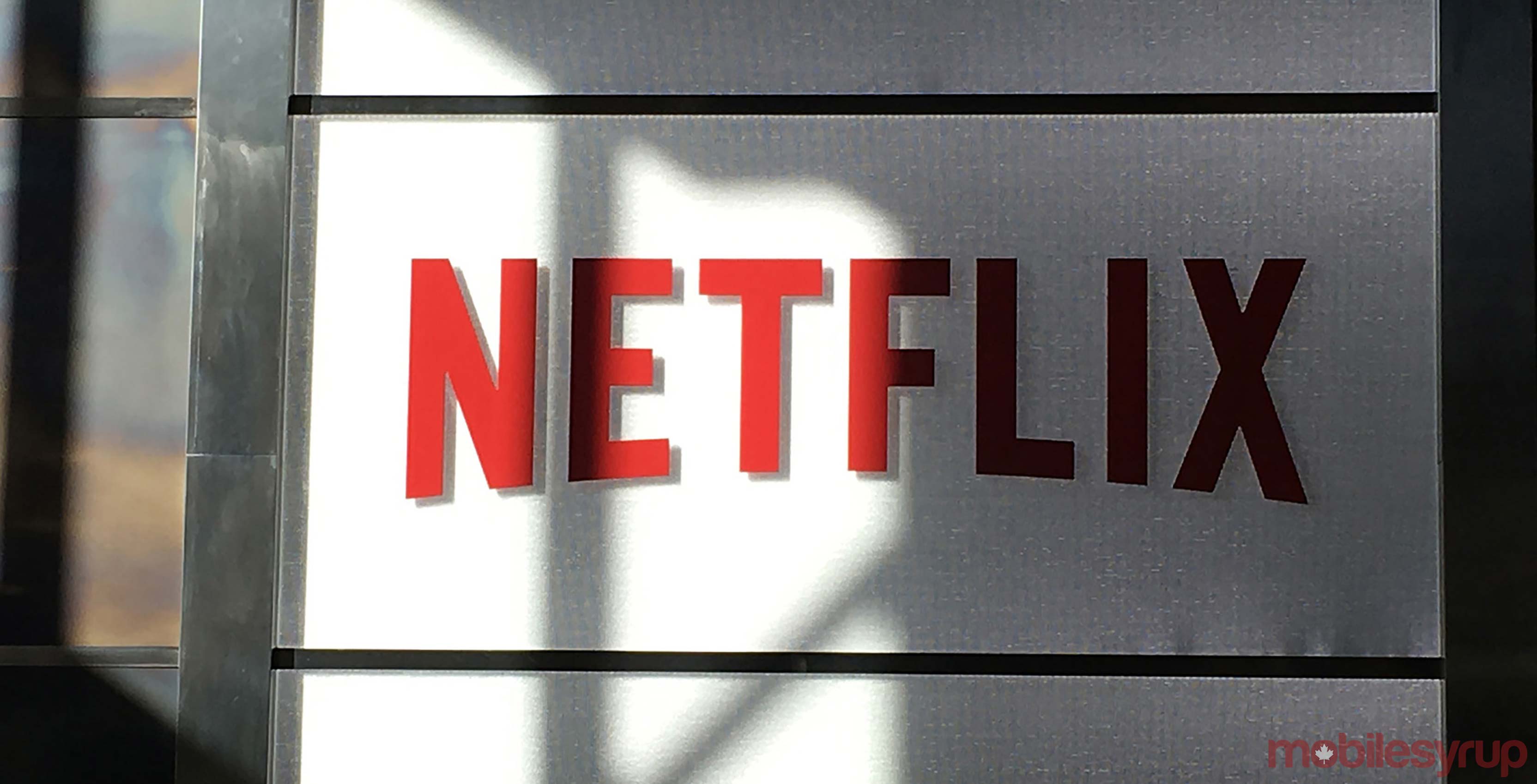
Canadian Heritage Minister Mélanie Joly detailed her plans for a ‘Creative Canada’ on September 28th, 2017.
A central component of the initiative was a deal with Netflix that will see the company invest $500 million CAD in Canadian productions over the next five years. Joly also expounded on the importance of the CBC and announced a federal top-up to the Canadian Media Fund (CMF).
The Netflix deal, and the accompanying announcements, were received well by some, including Michael Geist — Canada Research Chair in internet and e-commerce law at the University of Ottawa — who wrote in a blog post that Minister Joly failed to shake things up but that she “deserves credit for delivering a policy that rejects new taxes and regulation, keeps net neutrality intact, and still finds some new money for production and investment certainty from Netflix.”
However, Minister Joly’s plans were largely derided by Canadian media companies, especially those in the television industry, many of whom wanted to see the government force foreign digital platforms to level the playing field by making them contribute to Canadian tax coffers — a concept broadly known as a ‘Netflix tax.’
Additionally, members of some print media outlets felt that the Minister had not done enough to address concerns about aiding a digital transformation of struggling newspapers and magazines.
Here, we’ve rounded up responses to the announcement from a number of major Canadian media companies. This post will be updated if and when we receive more comments.
Bell Media
“We note that the Netflix contribution will be voluntary, and a fraction of what Canadian companies like Bell Media are required to pay. Our total annual investment in Canadian content in 2017/18 is 9 times the average amount that Netflix would contribute yearly.
The industry is changing rapidly with new technologies, new international entrants and more to come. We’re asking for a level playing field for all participants that ensures maximum benefits for Canadian viewers and creators. That includes an equitable tax regime and balanced approach to investment in Canadian content.”
Rogers
“We are glad to see the commitment not to tax Internet services and the recognition of the importance of local news. We look forward to participating in the upcoming legislative and policy consultations announced by the Minister.”
The company also noted its investment in Canadian media content, stating it invested over $660 million in Canadian content last year and $580 million the year before.
Quebecor
“We are dismayed by the Minister’s repudiation of Canadian companies, which invest heavily to support the development of our culture, make a major contribution to our economy and are actively involved in their communities,” said Pierre Karl Péladeau, president and CEO of Quebecor in a press statement.
“The Minister is endorsing a two-tier system. On the one hand, there will be foreign platforms that will be able to engage in unfair competition by producing content without taxation and without being subject to Canada’s regulatory framework, while receiving production tax credits. On the other, there will be Canadian distributors and broadcasters, which will be taxed and bound by strict and restrictive regulations. That is blatantly unjust.”
Read more here.
CBC
“CBC/Radio-Canada believes the Government of Canada’s vision for culture, announced today, is an important step towards ensuring that Canadian culture thrives, here in Canada, and around the world.
The principles outlined today — investing in creators and their stories, strengthening discovery and distribution, and the role of a strong public broadcaster — are deeply embedded in the work we do at CBC/Radio-Canada every day.”
Read more here.
La Presse
“Although Minister Joly acknowledged the existence of the crisis that is shaking the newspaper industry and showed a willingness to support the digital transformation, we are disappointed that no specific measure was announced for the print media,” said La Presse president Pierre-Elliott Levasseur.
“The major crisis affecting our industry is unprecedented. The business model is broken and must be repaired. There is one concrete solution to achieve this, but it requires significant investments.
“Newspapers must continue to develop their digital platforms for tablets, smartphones and computers, create data intelligence centres and adopt advertising platforms that can effectively manage this information, as well as promote the production of interactive ads.
“In order to do this, our industry must be able to rely quickly on government support with the introduction of timely and time-limited assistance.”
Read more here.
Audible
Notably, one American media company, Audible, also released a formal statement about Canada’s cultural policy plans.
The company just recently launched audible.ca, a dedicated service for Canadians.
“Audible Inc., the world’s largest seller and producer of downloadable audiobooks and other spoken-word content, today endorsed the “Creative Canada” policy framework released by the federal government and reiterated its commitment to developing new Canadian cultural works for the global market.
Audible is investing $12 million over the next three years in Canadian authors and voices, developing rich and authentic audio content for its subscribers in Canada and around the world.”
Read more here.
This post will be updated if and when we receive further comment.
MobileSyrup may earn a commission from purchases made via our links, which helps fund the journalism we provide free on our website. These links do not influence our editorial content. Support us here.


